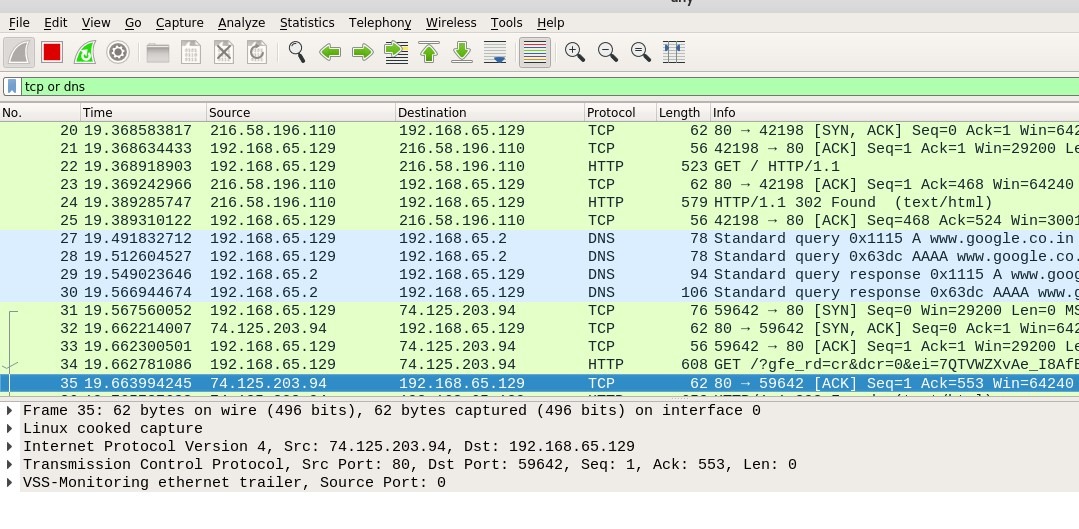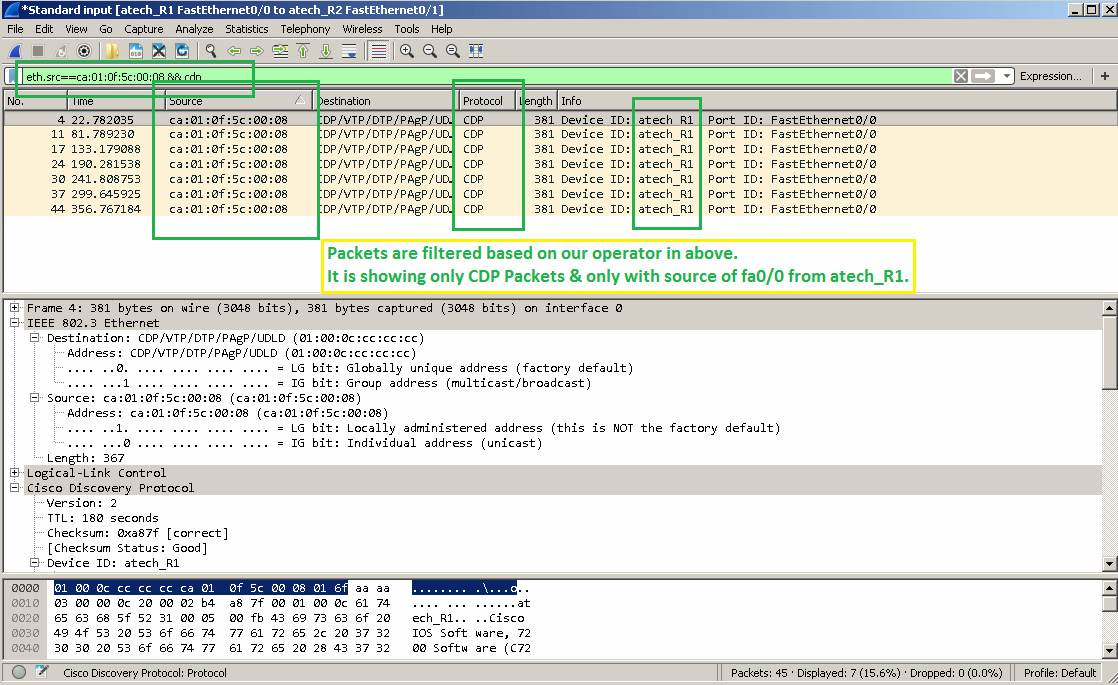
“TRUE”,”ware//Loki”,”er_agent contains \x22Charon Inferno\x22″,”Loki bot user agent string” “TRUE”,”name//nbns”,” eq 5 or eq 8 or nbns.addr”,”refrresh or register or ip addr” “TRUE”,”u42+//dns+Syn+Ack”,”(http.request or eq 1 or tcp.flags eq 0x012 or dns) and !ssdp”,””

My filters (stacked) only work in wireshark > 3.4: Hello there – nice tutorial, and thank you – I learned lots.įor my filters and columns, I stack filters and add this column (various resolved names) by right clicking columns, column prefs., add custom column: http.host or _server_name or kerberos.CNameString. For example, the filter ! Dns will show all packets except DNS. That is, all packets will be displayed, except those that satisfy the condition following the NOT. For example, the filter tcp.port = 80 or tcp.port = 8080 will show TCP packets that are connected (are the source or destination) to port 80 or 8080.īoolean is NOT used when we want to exclude some packages. Logical OR, it is enough that only one condition is true if both are true, then this also fits. Only data matching both conditions will be displayed. For example, the filter ip.src = 192.168.1.1 and tcp will show only packets that originate from 192.168.1.1 and which are associated with the TCP protocol. Logical AND, data are output if they correspond to both parts of the filter. It is recommended to use brackets additionally, since otherwise you may not get the value you expect. Wireshark filter Logical operators allow you to create detailed filters using several conditions at once. When using c = (equal), this bug is missing. For example, to show TCP packets containing the string kalitut you need the following filter: If an inaccurate occurrence is sought (better suited for non-numeric values) then contains is used. Wireshark Filter Operatorsįilters can have different values, for example, it can be a string, a hexadecimal format, or a number.
#WIRESHARK FILTER PORT MAC#
Remember that in any case you can substitute your data, for example, change the port number to any one of your interest, and also do the same with the IP address, MAC address, time value, etc. Some filters are written here in a general form, and some are made as concrete examples. Here I consider the display filters that are entered in the main window of the program in the top field immediately below the menu and icons of the main functions. Remember that Wireshark has display filters and capture filters. Also here in the comments I suggest you share the running filters that you often use, as well as interesting finds – I will add them to this list. For novice users, this can be a bit of a Wireshark filter reference, a starting point for exploring. I collected the most interesting and most frequently used Wireshark filters for me. And there is a lot of documentation on these filters, which is not so easy to understand.

In Wireshark just a huge number of various filters. wireshark filter to assess the quality of a network connection.I hope there will be more ICS protocols in the coming releases. Having ICS filters in Wireshark is a major contribution in ICS network security. My github project includes ICS security resources that are useful for ICS security researchers. I noticed that Wireshark don’t support all ICS protocols filters, for example GE-SRTP, ICCP or Pcworx and others. I also discovered ICS protocols that I never heard of because they are not publicized in the ICS community much. Most of them are the major and mainstream protocols such as Modbus, DNP3 and IEC60870. Luckily I found 32 ICS protocols in Wireshark.

There is a “filter expression” feature in Wireshark that enables you to filter out packets and find specific information. Then I tried to look them up in Wireshark. I did a search on the web in order to assemble a list of ICS protocols. Wireshark is a powerful tool for analyzing network packets.


 0 kommentar(er)
0 kommentar(er)
